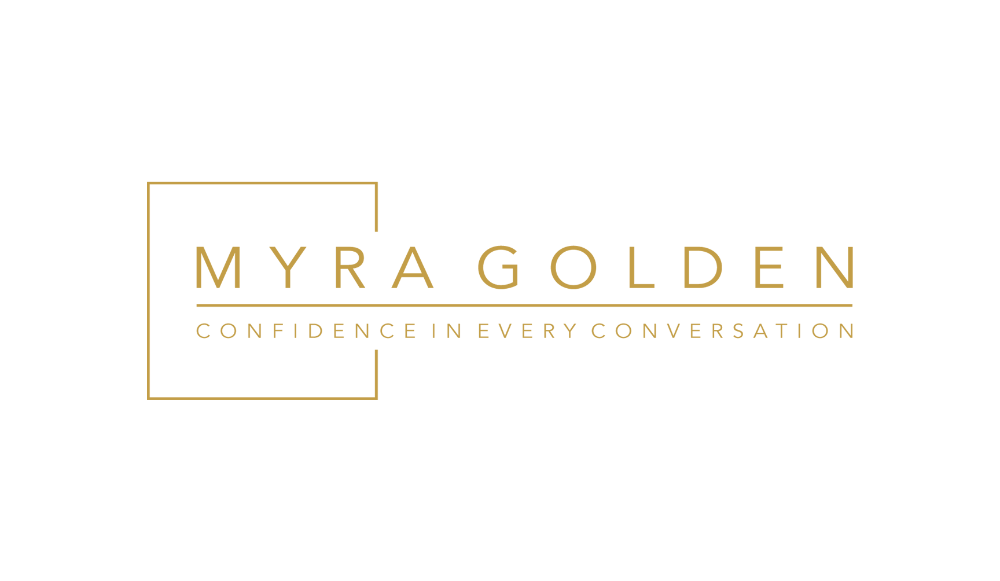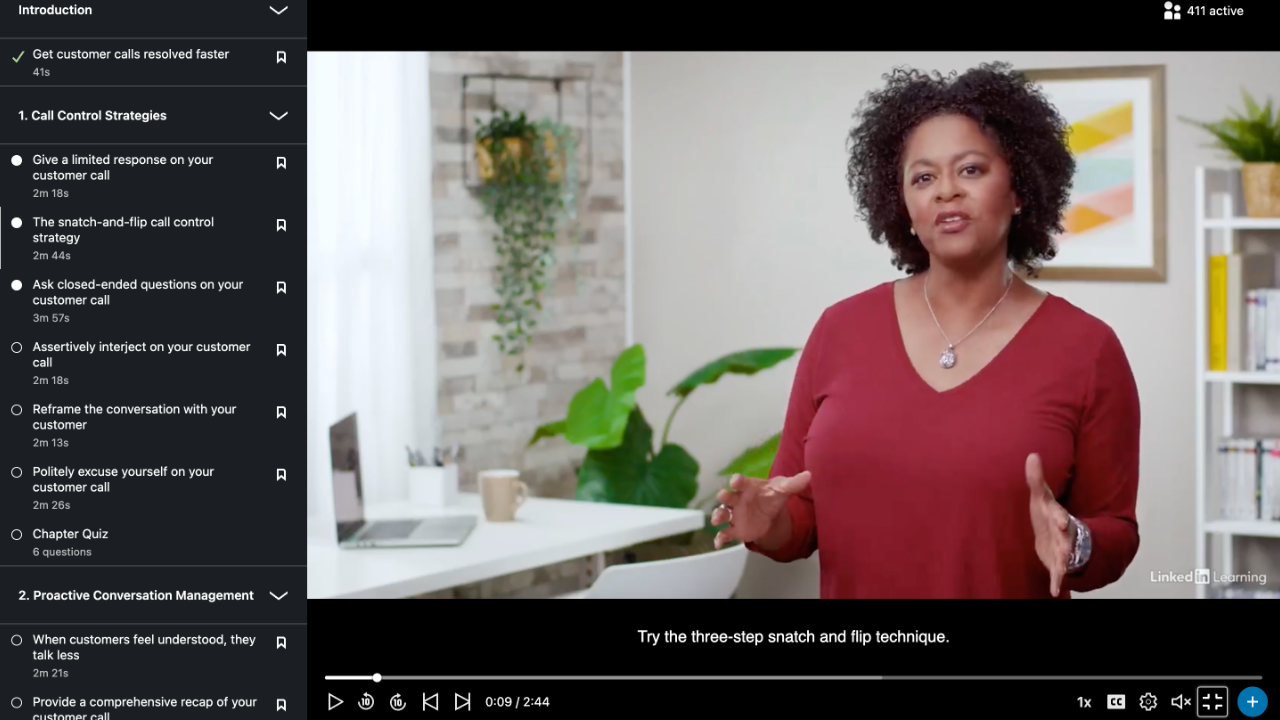Picture this: you're listening to a call recording where a customer started out perfectly reasonable, but by the end, they're demanding a supervisor and threatening to take their business elsewhere. Your team member looks defeated and says, "They were just impossible to work with." Sound familiar?
...When you're faced with a challenging customer situation and don't have all the answers, it's easy to feel overwhelmed. But what if I told you there's a simple yet powerful method that can help you navigate these tricky waters with confidence? Enter the 3W method - a game-changing approach that can t...
Dealing with difficult customers who use profanity or make racist remarks requires clear and assertive communication. Here are 20 professional phrases I share in my de-escalation workshops to help you set boundaries effectively:
- "I must insist on respectful communication during our interaction...
Our brains tend to constrict when faced with demanding, difficult or desperate customers, and we have fewer options available. When faced with conflict, our brains go into flight, fight, or freeze mode.
I'm sure you've heard of the flight, flight, freeze response. Here's how the flight/fight/fr...
Customer service representatives often encounter challenging and confrontational customer behaviors. Among these, baiting behaviors stand out as particularly challenging. In these situations, customers try to provoke, frustrate, or elicit negative reactions from you. If you want to avoid getting suc...
"It's not what you say. It's how you say it."
You've probably heard this before. It's from the Mehrabian study, which says
- 7% of meaning in the words that are spoken.
- 38% of the meaning is through the person's vocal tone.
- 55% of meaning is in facial expression.
Well, I'm contradicting...
This image is from my LinkedIn Learning course, Creating Positive Conversations with Challenging Customers.
Use partnership language with customers from Creating Positive Conversations with Challenging Customers by Myra Golden
Handling difficult customers is an inevitable part of the ...
The Problem
Telling a person to calm down never works. If your partner told you to calm down, would you? Exactly. That doesn't work with your customers, either.
To tell someone to calm down is to invite conflict. It's like you're pushing your customer into a corner or a seat. As humans, it is o...
Customer Support Professionals Who Rarely Escalate Calls to Their Supervisors Often Use 7 Phrases (without realizing it).
When I prepare for my customized customer service and de-escalation workshops, I listen to a sample of phone calls. I specifically ask for calls from the best customer support ...
No matter how much we wish we could, we can only sometimes resolve every customer's problem. We might not have the answers. Sometimes, we have trouble understanding what the customer wants. Communication can be a barrier. The great news is that we can significantly impact how our customers perceive ...
When a customer is unhappy, how you respond can distinguish between a minor hiccup and a full-blown escalation. Here are five things you should avoid when dealing with upset customers.
One. Refusing to Admit the Customer’s Perspective
Never tell a customer they are wrong. If you tell a customer th...
Join Myra’s Inner Circle: Insights, Strategies, and Resources for Leaders Who Demand the Best.
Be the first to receive exclusive strategies, curated resources, and behind-the-scenes insights from Myra Golden—crafted for leaders who value excellence.












